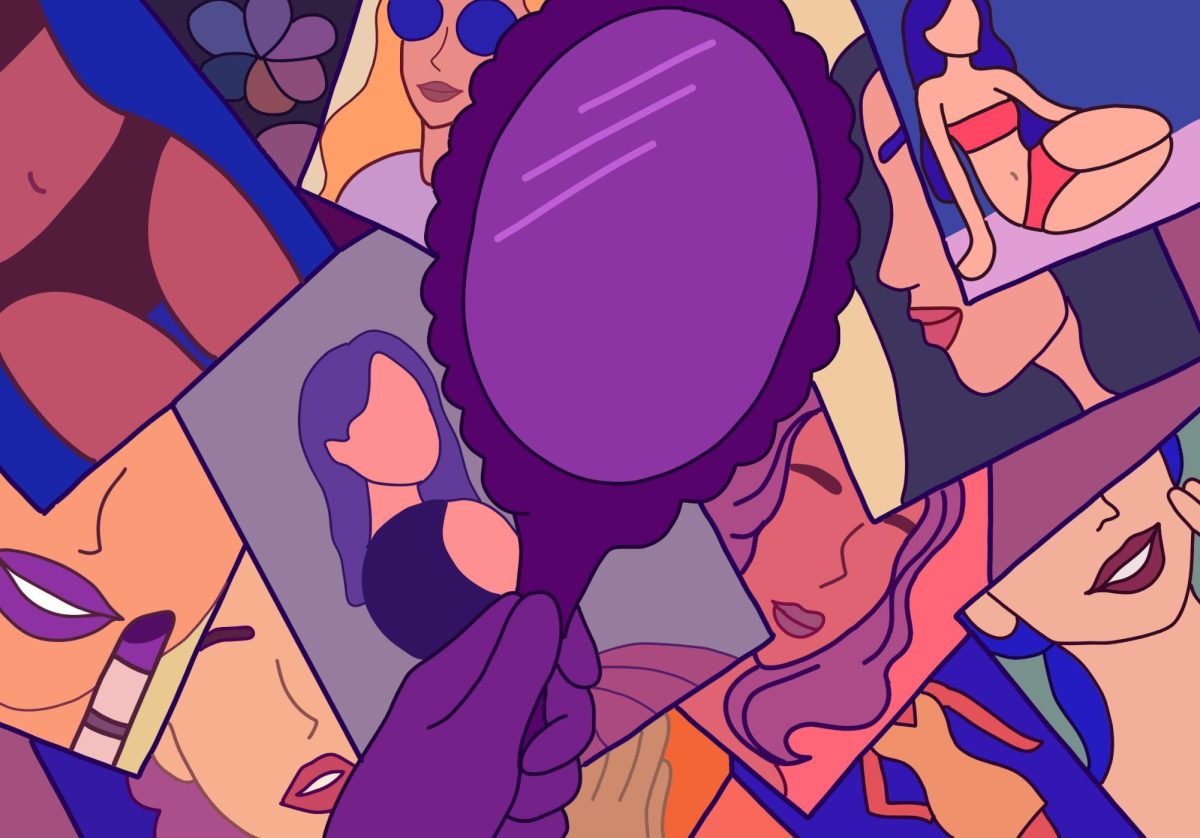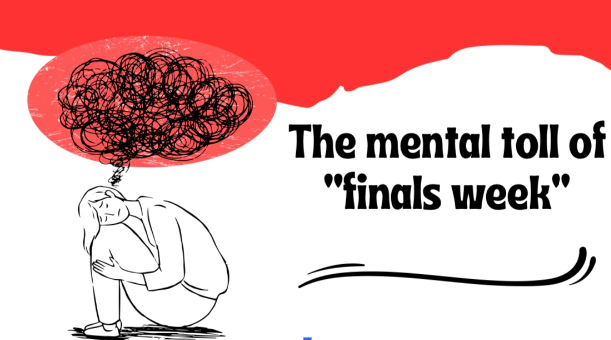In a world captivated by glossy magazine covers and flawless Instagram filters, it is no secret that unrealistic beauty standards have become deeply enshrined in our society. These standards, oftentimes airbrushed to perfection, set a cruel benchmark for individuals to measure themselves against, perpetuating a constant chase for ideal values that are well out of reach.
We often find ourselves entangled in a web of unattainable beauty norms that overlook the diverse tapestry of human bodies and identities. From the seemingly flawless skin to the impossibly small waistlines, the prevailing notion of beauty seems indistinguishable from a fantasy world, hiding the true essence of self-worth behind a veil of hyper-perfection. It is this twisted reality that demands our attention, compelling us to critically examine the impact of unrealistic beauty standards on our self-perception, mental health and the broader social fabric of our existence.
Beauty standards have wielded enormous power throughout history. Different civilizations have idealized various shapes, sizes, and features as symbols of beauty. From the glorified proportions of the ancient Greeks to the curvaceous Renaissance figures, beauty standards have always been in flux. However, the 21st century is characterized by an astonishing range of beauty benchmarks, showcasing a greater emphasis on slender bodies, flawless skin and distinct facial features. This shift can be attributed to factors such as globalization, the rise of the fashion industry, and the growing influence of social media.
One of the driving forces behind today’s beauty standards lies in the deeply-rooted societal pressures. Society often associates beauty with qualities such as success, popularity and happiness. Consequently, individuals feel obligated to conform to a certain image in order to gain acceptance and recognition. This leads to the normalization of certain body types, skin tones and facial features, which perpetuate unrealistic and often unattainable views of perfection.
Media platforms, both traditional and social, play an integral role in shaping today’s standards. Advertisements, editorials and TV shows relentlessly promote an idealized version of beauty that is often filtered or digitally altered. These images, coupled with carefully crafted narratives, create an unachievable and skewed perception of beauty in the minds of the audience. It’s been reported that every 9 in 10 girls say they follow at least one social media account that makes them feel less beautiful. However, this also means that constant comparison and scrutiny have become an unfortunate reality for many individuals, further fueling low self-esteem and anxiety.
When it comes to recognizing toxic beauty standards, our most important focus should be the mental health effects they have on individuals of all demographics. From the time we enter the complex rapids of society to the time we leave this earth, the unfeasible idea of how individuals are expected to look is engraved in our young minds. Younger generations in particular are highly impressionable and vulnerable to these unrealistic beauty ideals. Consequently, teenagers grow increasingly dissatisfied with their bodies, leading to body dysmorphia, eating disorders, anxiety, depression, and a distorted perception of self. This fixation not only robs the youth of their innocence, but also puts them at risk of developing lifelong mental health issues.
In recent years, a wave of counter-cultural movements has emerged to challenge the prevailing beauty standards. The notion of beauty has extended beyond physical appearances. People are now encouraged to embrace their flaws and unique characteristics, as imperfections are now seen as beautiful and relatable. Advocates for body positivity and self-acceptance argue that beauty should encompass diversity, celebrating different body shapes, sizes, and ethnicities. This movement seeks to dismantle the narrow ideals sustained by mainstream media and promote a more inclusive understanding of beauty. Brands and companies are starting to respond to the demand for diversity with more inclusive marketing campaigns, featuring models of various backgrounds, sizes and abilities. Now, beauty is no longer solely measured by physical appearance but encompasses confidence, authenticity and self-expression, embodying the idea that true beauty lies in the eyes of the beholder.
By delving into the roots of these values, recognizing their subjective nature, and embracing diversity, we have the opportunity to redefine beauty. Fostering a world where individuality is celebrated, where a diverse range of appearances is appreciated, we can liberate ourselves from the shackles of conformity. It is our collective responsibility to create a society that empowers self-expression and acceptance, allowing beauty to manifest in its truest and most varied forms.
Today’s beauty standards represent a multi-faceted and multi-layered phenomenon, significantly influenced by historical contexts, societal pressures, media portrayal, and emerging counter-cultural movements. The importance of recognizing the impact of rigid and unattainable beauty criteria on individuals’ self-esteem cannot be overstated. By embracing inclusivity and self-acceptance, society can take a step towards redefining beauty standards in a way that empowers and embraces all individuals. It is imperative to challenge the status quo and foster a culture that appreciates the unique and inherent beauty within each person, promoting mental well-being and self-love as the ultimate standards of beauty.













